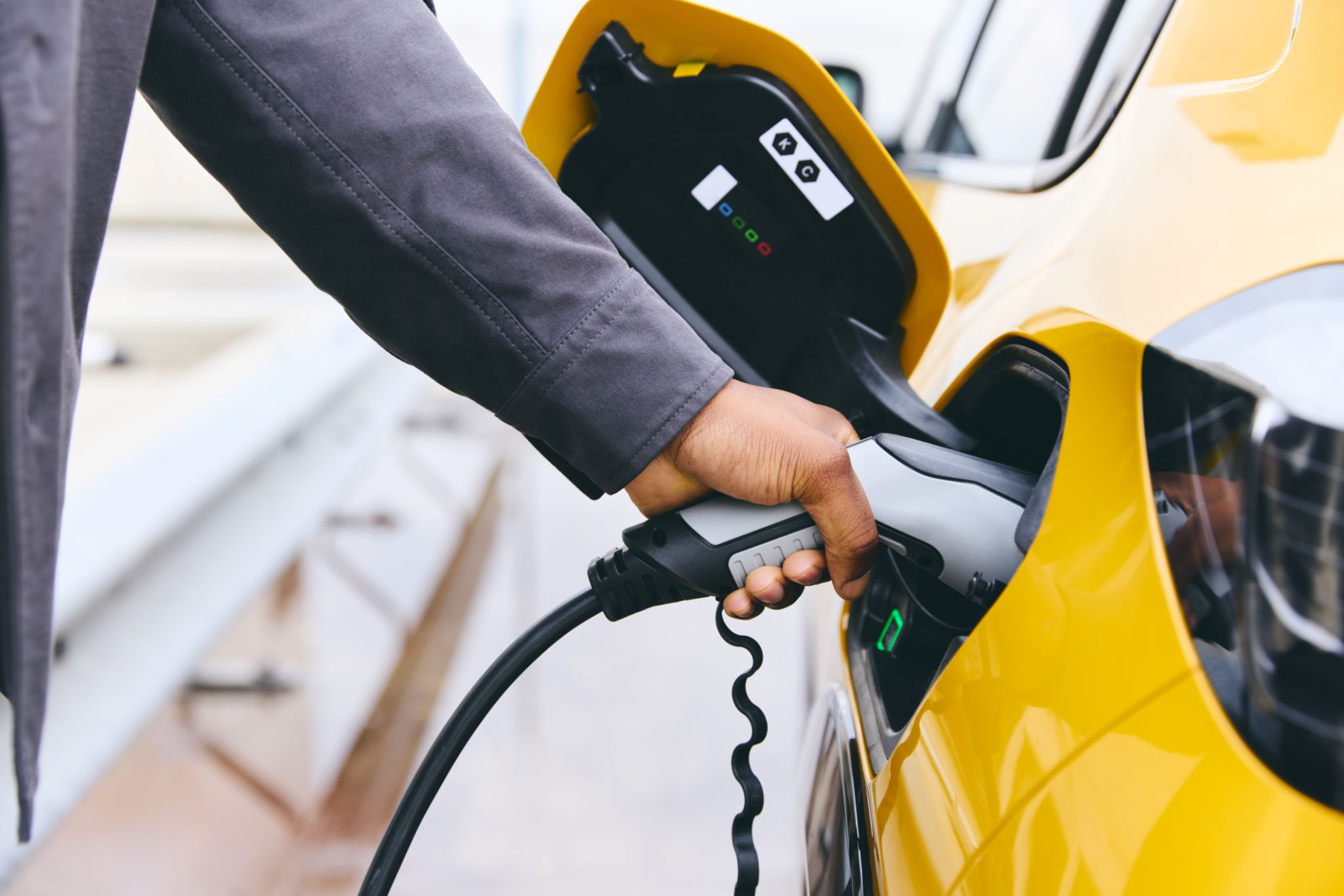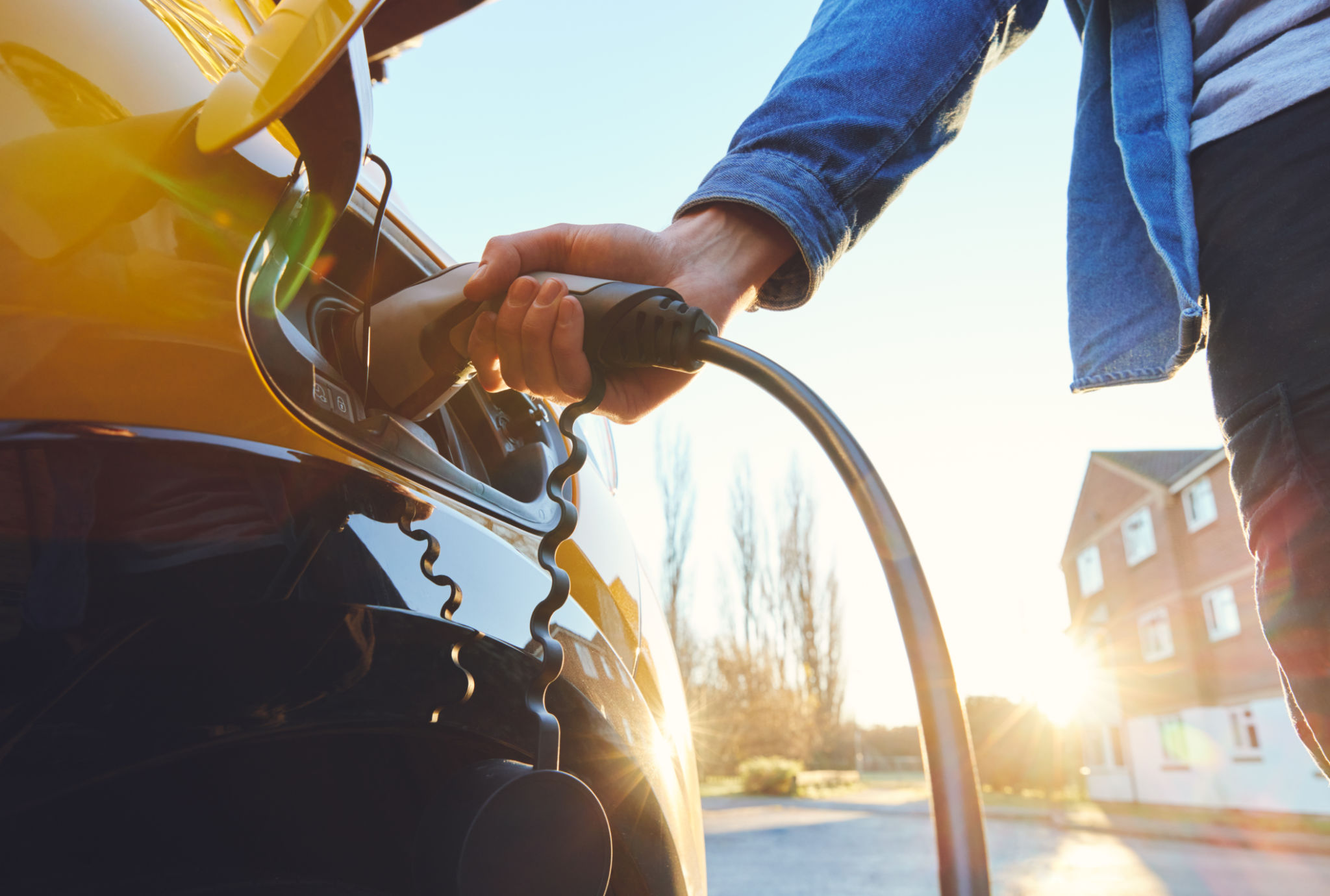Debunking Common Myths About EV Charging Stations
Understanding EV Charging Stations
As electric vehicles (EVs) continue to grow in popularity, so too does the need for accessible charging infrastructure. However, there are many myths surrounding EV charging stations that can lead to confusion. It's crucial to debunk these myths to help users make informed decisions about adopting electric vehicles.

Myth 1: EV Charging Stations Are Hard to Find
One of the most common misconceptions is that EV charging stations are scarce. In reality, the number of charging stations has been increasing rapidly. Thanks to significant investments in infrastructure, there are now thousands of public charging points available across cities, highways, and rural areas.
Many mobile apps and websites provide real-time information about nearby charging stations, making it easier than ever for EV owners to locate and access them.
Myth 2: Charging Takes Too Long
Another prevalent myth is that charging an EV is a lengthy process. While it's true that the time taken to charge an EV depends on the type of charger used, advancements in technology have significantly reduced charging times. Fast chargers can replenish an EV's battery to 80% in about 30 minutes.
For daily commutes or short trips, many EV owners find that overnight charging at home is sufficient, negating the need for frequent stops at public charging stations.

Myth 3: EV Charging Is Expensive
Many people believe that charging an electric vehicle is costly, but this is not necessarily true. In many regions, the cost of electricity is lower than the equivalent amount of gasoline or diesel needed to travel the same distance. Additionally, some businesses and public spaces offer free or discounted charging as an incentive for EV drivers.
The long-term savings on fuel and maintenance often outweigh the costs associated with installing a home charging station, making EVs a financially savvy choice.
Myth 4: EV Chargers Are Not Compatible with All Vehicles
There is a misconception that not all EV chargers are compatible with every model of electric vehicle. While it's true that there are different types of connectors and charging standards, most public charging stations offer multiple options to accommodate various vehicle types.
Furthermore, many newer EV models come with adapters or built-in capabilities to connect with different chargers, ensuring that drivers are not stranded without power.

Myth 5: Using Public Chargers Damages the Battery
Some believe that frequent use of public fast chargers can degrade an EV's battery faster. While excessive use of high-speed chargers can have a minor impact on battery longevity, manufacturers design modern batteries to withstand regular fast charging.
Regular software updates and battery management systems in newer vehicles help mitigate potential risks, allowing users to enjoy the convenience of fast charging without significant downsides.
The Reality of EV Charging Stations
By debunking these myths, it becomes evident that EV charging stations are more accessible, affordable, and versatile than many assume. Understanding the realities of EV infrastructure can encourage more consumers to consider electric vehicles as a viable alternative to traditional fuel-powered cars.
With continuous advancements in technology and infrastructure, the transition to electric transportation is becoming more seamless and attractive for drivers worldwide. As more people make the switch, the demand for accurate information will only grow, highlighting the importance of addressing misconceptions head-on.
